Fifty years ago, I embarked on the journey of a lifetime. It took courage, an invitation, and some money.
My best lifetime friend, Margie O’Brien, had invited me to join her in an adventure, a trip to Europe. We were from large working-class families and neither of us had traveled very far from our Denver home. Margie had the vision, heard the call.
At first, I said no. I simply did not have the money. All my earnings were saved for next year’s college tuition. But then, my grandmother died. Anna Casagranda left her life savings to her grandchildren. Each of my siblings and I received $1200, the most money I had ever had. It was an invitation from the universe to say yes.
My brother-in-law Ray loaned me his orange frame backpack. My cousin Billy loaned me his camera and gifted me $20. My mother, who at first was not happy about my decision, made me some clothes to take along, a denim jacket and two halter tops. My sister Dianne gave me names and phone numbers of friends she’d made in Europe while she was in the Air Force. “Just call them and say your DeDe’s sister.”
Margie posted a notice on our “rider board” at Colorado State University, and on June 1, 1974, we hopped in a car with some older students who were heading home to New York City. Margie’s dad had advised us to travel by Italian steamship. “These ships won’t always be operating,” he said. We took his advice, and $600 of our total fund went to our one-way ocean transit from New York to Naples.
The journey across the Atlantic was our initiation. Food was included, so we dined heartily with other Italians at our assigned table. Soon enough we would be living on our planned allotment of $5 – $10 a day for the rest of the summer.
Onboard the SS Rafaello, we wandered the ship by day, danced in the ballrooms at night, made friends with English-speaking youth and Italian passengers, and marveled at the vastness of the sea.
Our summer unfolded along planned and unexpected routes as we learned how to travel by train and bus. We were youth meeting other young people from across the world to see the great European cities. Our legs grew strong from walking, our skin darkened from the Mediterranean sun. We learned how to read maps and communicate creatively using our beginning language skills.
I mark this trip as the first open door to my past. I was making the journey in reverse that my immigrant grandparents had made earlier that century. I knew little about them, and less about Europe. In the years to come I would return to Europe several times to find and visit the villages they left and to meet the cousins who lived there. I would invite other family members through that golden door, across that shining sea.
I imagine Margie and I doing that journey again together now, as older women. The ships no longer run, at least not the Italian steamships. So, for now, I will honor this life-changing event with my words until we can be on the water together somewhere.
I honor our courage. I bless the sea that offered us passage between new world and old. I offer gratitude for my grandmother’s generosity and I thank Margie for the invitation that opened a door to my future and to my past.
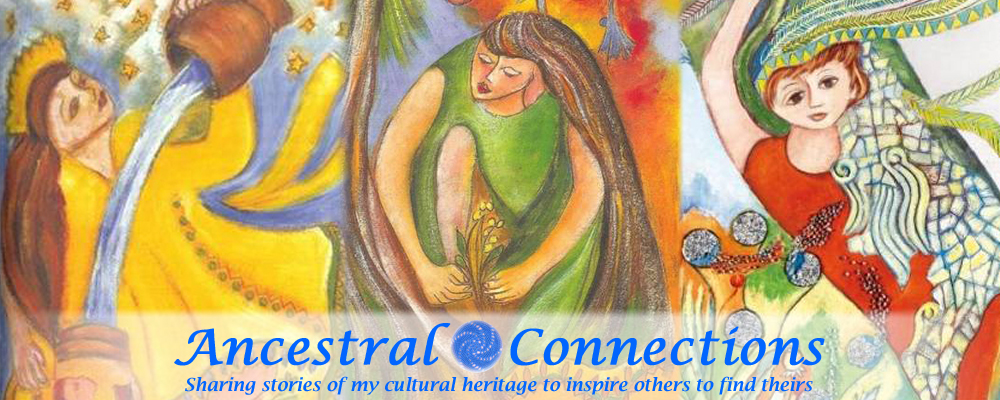
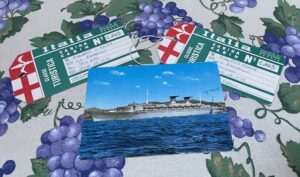
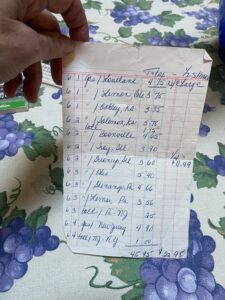
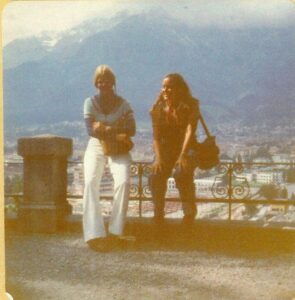
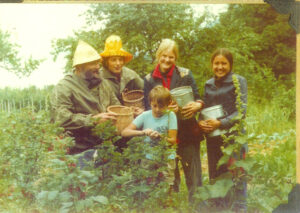
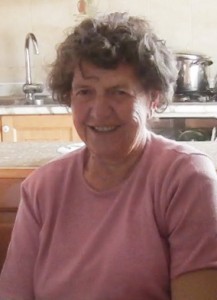
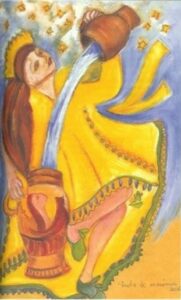
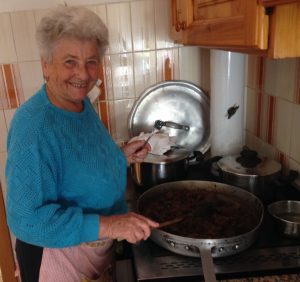
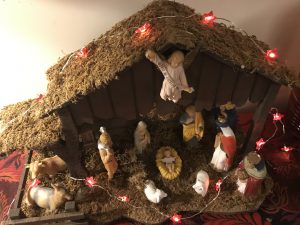
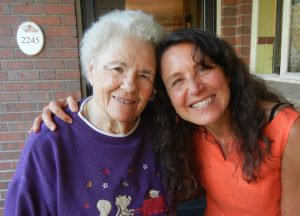
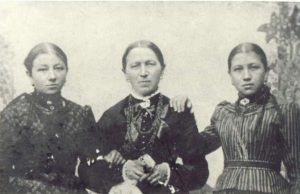
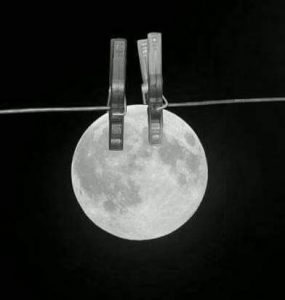 The blackberries are fermenting on the vine, fallen leaves blanket the picnic table, and the slice of sun on my clothesline arrives later each day. With the arrival of fall, the days of being able to hang my laundry outside are growing fewer. Lately I have been pondering my passion for this ritual of outdoor clothes drying. Is it only the sensual pleasure I crave, or something more?
The blackberries are fermenting on the vine, fallen leaves blanket the picnic table, and the slice of sun on my clothesline arrives later each day. With the arrival of fall, the days of being able to hang my laundry outside are growing fewer. Lately I have been pondering my passion for this ritual of outdoor clothes drying. Is it only the sensual pleasure I crave, or something more?